Black Lightning: A Superhero Show Stuck in Neutral
This is a review of “Black Lightning,” a superhero series that adheres to the standard formula of The CW, featuring a justice-seeking hero who reluctantly returns to his crime-fighting persona after a long hiatus.
Jefferson Pierce is the principal of a highly regarded and successful school in Metropolis. He’s aided in his challenging role by his eldest daughter, Anissa, who teaches at the school, and his younger daughter, Jennifer, a high school student. However, outside the school walls, the situation is far from idyllic. A gang known as “The 100” terrorizes the streets, while the police indiscriminately target black individuals, regardless of their status. After yet another encounter with the cops and a brazen act by members of “The 100,” Pierce reaches his breaking point and decides to take matters into his own hands. To do so, Jefferson must remember that he was once not just an exceptional athlete, but also a superhero known as Black Lightning. Only a select few know Pierce’s secret, allowing the city’s protector to lead a double life.
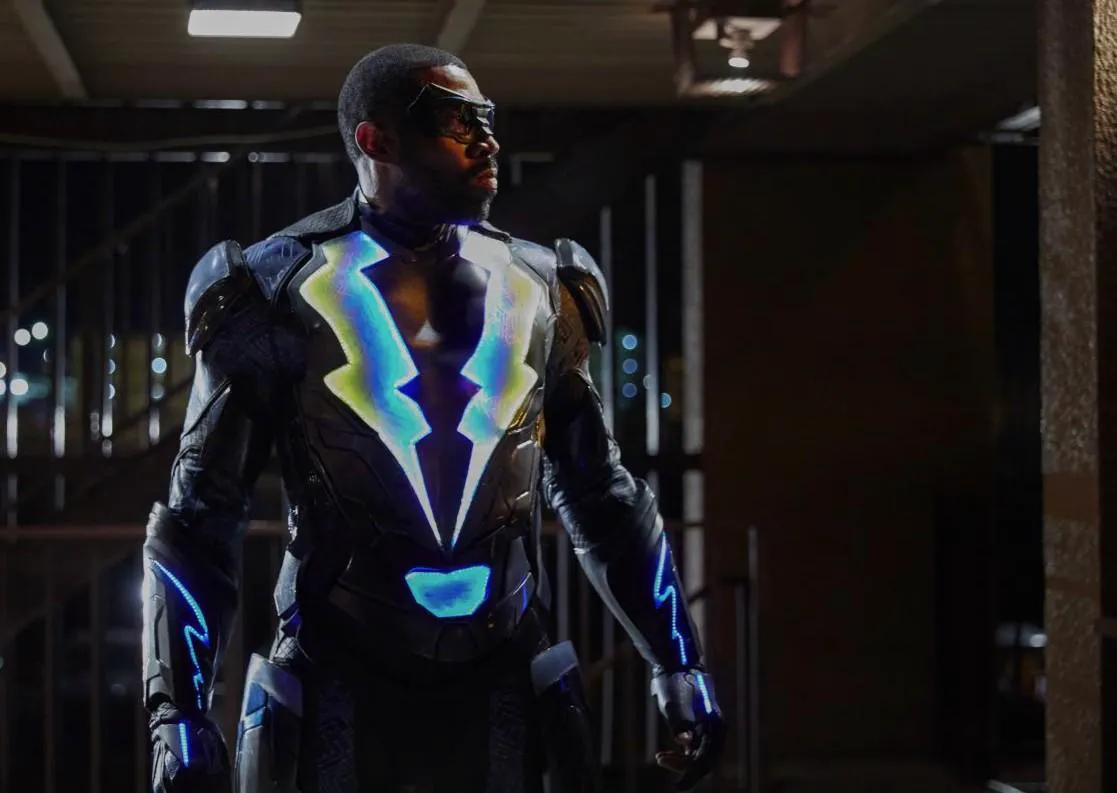
While the first episode of the series doesn’t explicitly state that Black Lightning exists in the same universe as the heroes of “Arrow” and “The Flash,” the show’s creators have hinted at the possibility of character crossovers in the future.
Superhero Saturation and Social Commentary
If you feel overwhelmed by the sheer number of comic book films and series, and believe that understanding their intricate connections requires a lifetime commitment, it’s only because you’re unaware of the vast number of characters created on paper. Both Marvel and DC have conceived so many heroes for every conceivable situation that the released films and series don’t even scratch the surface of the comic book population. And that’s just within the two major publishers; dozens more exist. Each superhero has their own purpose, their own function within the expansive universe, and their own fans. Black Lightning, for example, is one of the first black superheroes to receive his own series back in the 1970s. His emergence was historically driven, and the creators of the “Black Lightning” series believe that racial conflict is once again relevant today.
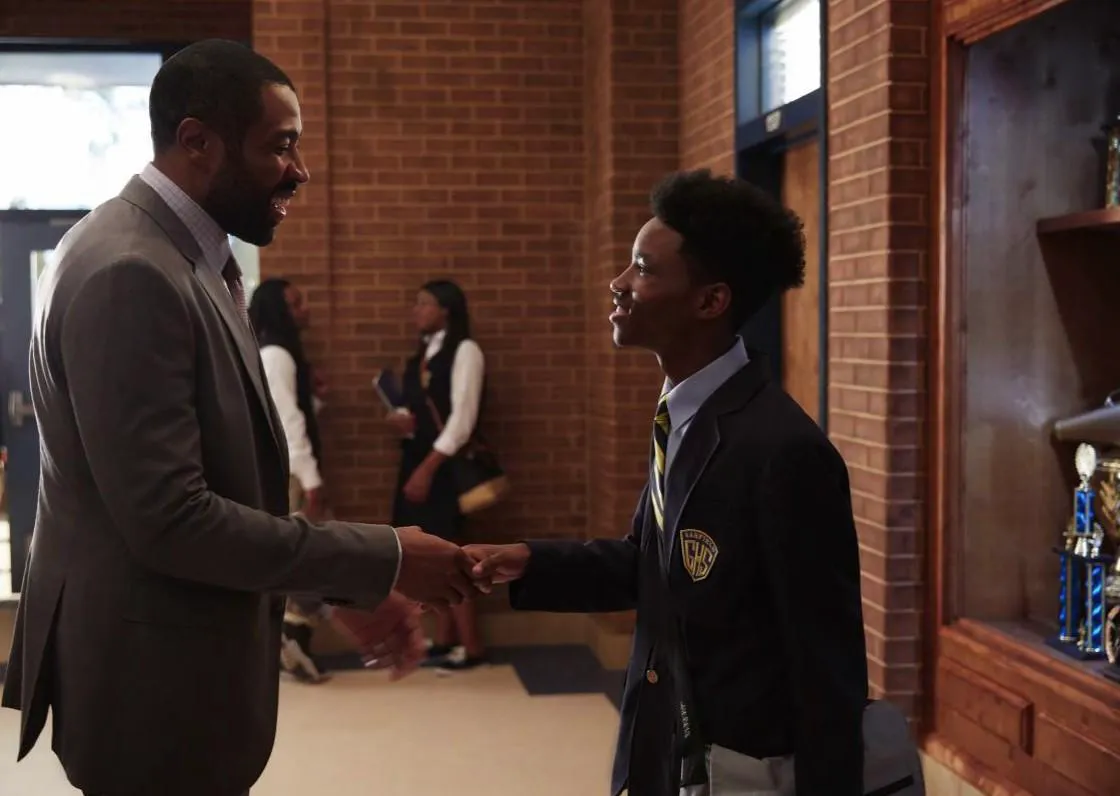
Indeed, the television version of the school principal who can control electrical discharges is based on the age-old, tiresome, yet periodically resurfacing issue of race relations in America. No matter how many series are made about white police officers accidentally killing black teenagers (and vice versa), and no matter how many “The Helps,” “Detroits,” and “Selmas” are released, the topic remains inexhaustible. So why not ride the wave? And here you have it – a superhero who seemingly hung up his suit long ago, but is forced to clench his fists once more because “our people are being attacked!”
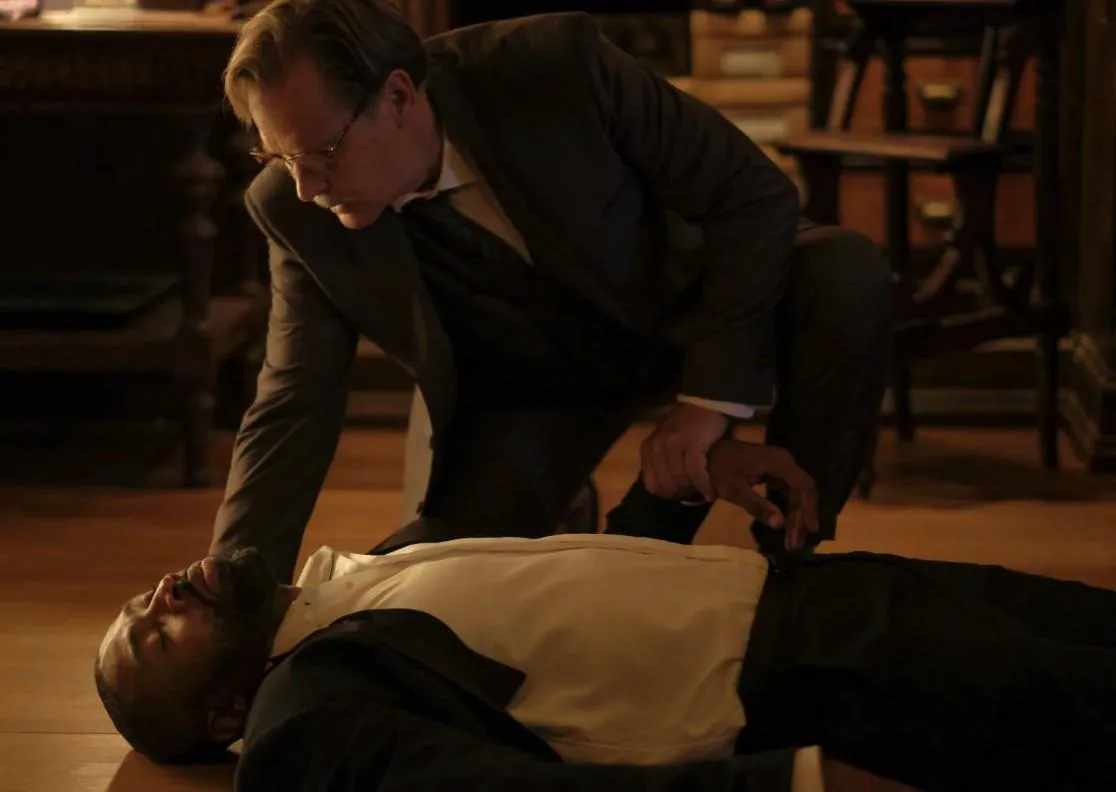
A Formulaic Approach
“Black Lightning” begins quite straightforwardly – with a conflict between Jefferson Pierce and patrol officers who stop his car on a flimsy suspicion. Black Lightning’s pupils burn with righteous anger, his nostrils flare, and his nails dig into his fists, but the superhero restrains the urge to strike the portly police officer with lightning. However, the dam has already burst, so everyone beware. The black characters in the series aren’t particularly virtuous either – they deal drugs, harass women, and brandish weapons. So where is a justice-seeker, especially an older one, supposed to turn?
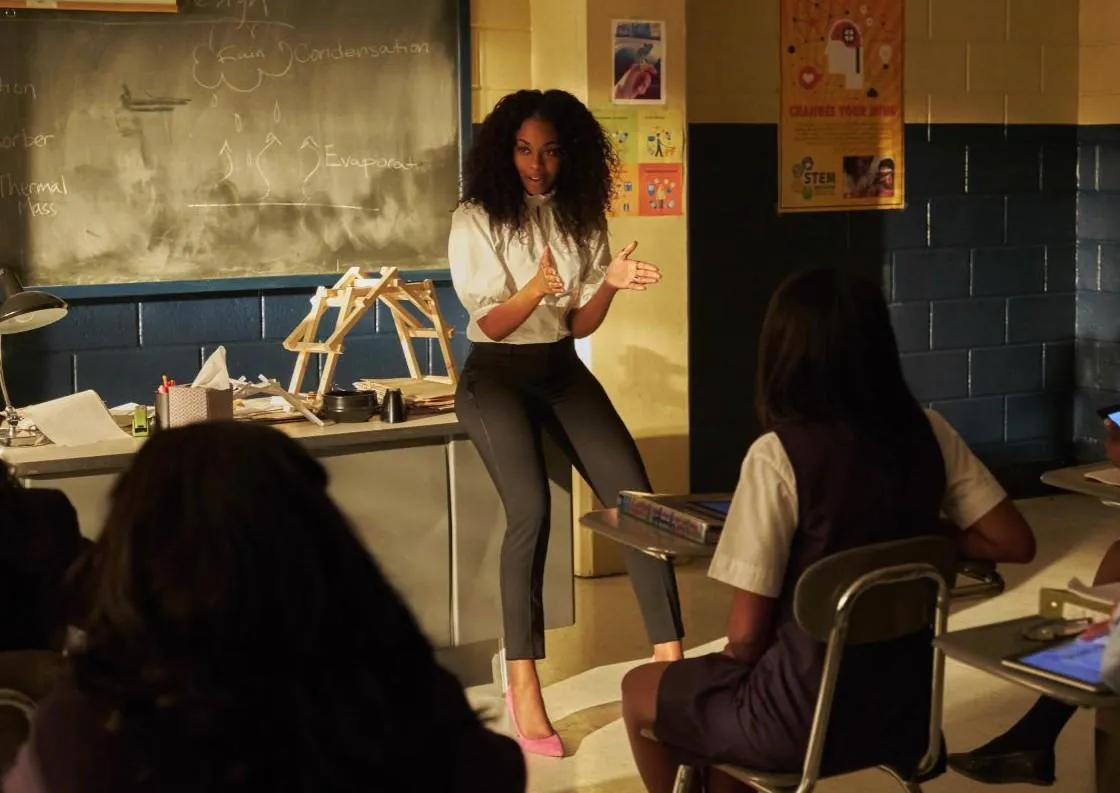
Racial and criminal threats aren’t enough to awaken Black Lightning, so the pilot adds the kidnapping of his daughters, as well as the return of Pierce’s old nemesis, with whom all scores have not yet been settled. However, this doesn’t make the series interesting. Black Lightning comes across as an ordinary, unpretentious, and boring superhero who fights “for all that is good, against all that is bad.” There are already a dozen such characters on TV, struggling in uninteresting ways, and in film, such a concept wouldn’t even make it to the screen.
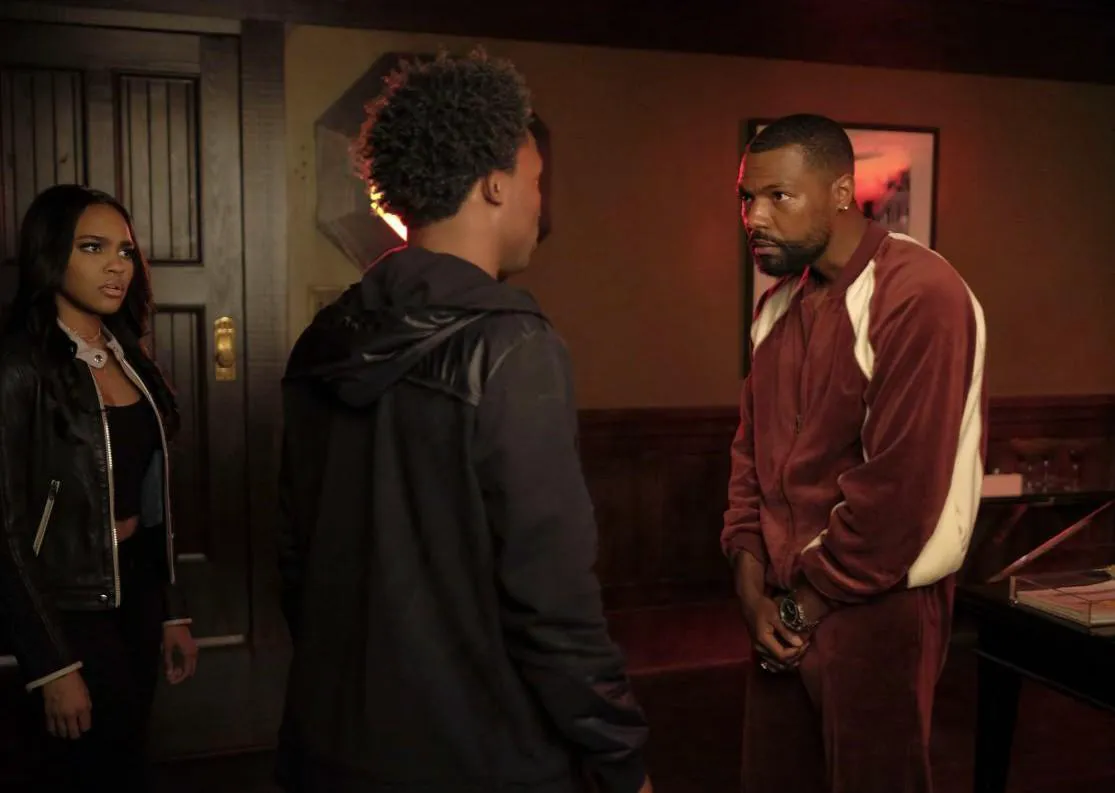
Initially, the series creators prepared the project for sale to Fox, but in February 2017, the network rejected the idea of filming “Black Lightning,” citing the fact that there were already too many superheroes on the air. Only in May did The CW pick up the abandoned series.
Social Drama or Superhero Action?
The creators diligently position their show not as entertaining superhero action, but as a social drama with hints of serious conflicts within society that lead to tragedies. However, this comes across as absurd, like Batman in glasses or Iron Man on crutches. This doesn’t mean that comics can’t address serious issues with the audience; it’s just that this particular series about this particular superhero doesn’t do it. And there’s no reason to single out “Black Lightning” from other series on The CW.
By and large, there’s no shortage of black superheroes on screens. Netflix set a high bar with Luke Cage, Marvel is preparing “Black Panther,” and WB introduced Cyborg in “Justice League.” So, skin color alone isn’t enough to attract viewers. Neither are simple, predictable conflicts between characters – the competition on TV is currently fierce. The pilot of “Black Lightning” didn’t earn it an indulgence for an entire season. Continuing to watch is, of course, possible, but there’s little point in it, no more than in trying to catch lightning by the tail.